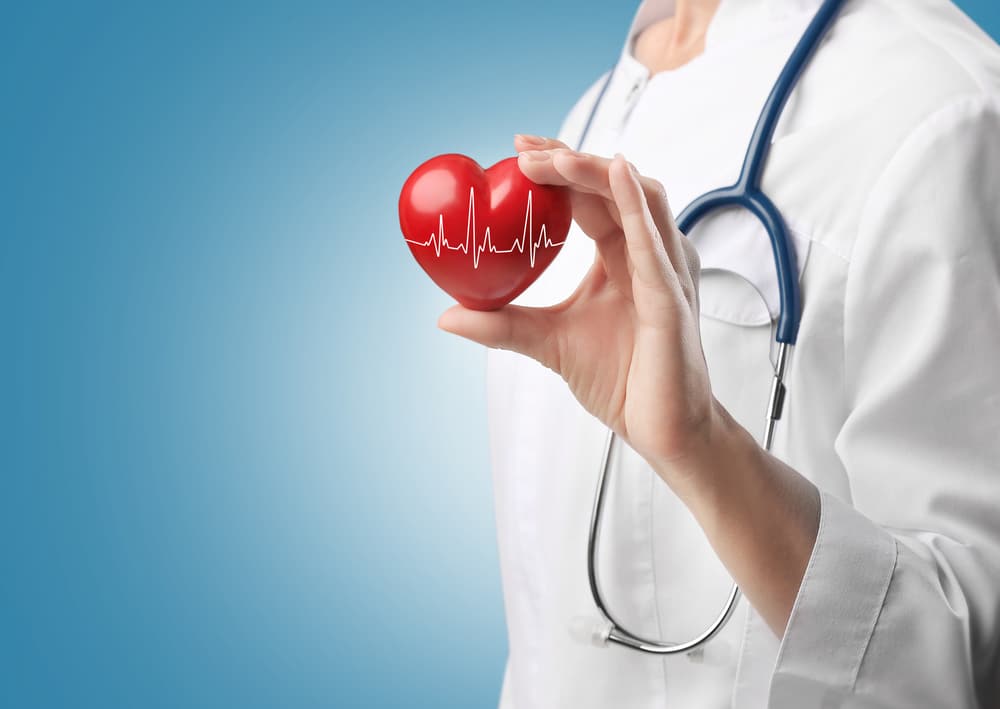As you age, it’s essential to keep an eye on your health, especially your heart health. Many people are at an increased risk for heart complications, whether it’s due to an existing condition they have or a family history of heart disease. Even if you don’t think you’re at a high risk of heart complications, it’s still important to see a professional cardiologist in Central Florida.
But at what age should you start seeing a cardiologist? Should you wait until you’re 50 or 60? Perhaps you plan on only scheduling a cardiology appointment if you feel something is wrong. While it really is up to you, there are some recommendations when it comes to seeing cardiologists.
At What Age Should I Seek a Cardiologist?
If you’ve never seen a cardiologist before, then the odds are high that the answer is ‘right now’.
Most people wait until their 40s or 50s to see a cardiologist for their first appointment, but if you really want to be proactive about your heart health, you’ll want to start scheduling regular appointments as early as your 20s.
Understandably, most 20-year-olds aren’t thinking about cardiologists and heart disease. However, seeing a cardiologist in your 20s and 30s is simply a good way to start tracking your heart health. That way, if any warning signs appear early, you can catch them soon enough to avoid bigger health concerns in the future.
There’s no specific rule for what age you should start scheduling a cardiology appointment, but once you reach your 50s, you should start seeing a cardiologist at least annually. A number of different heart issues have the potential to appear before then, but if you’re watching your heart health closely, you can avoid other issues that tend to pop up as you age.
When Should I See a Cardiologist?
There’s no one specific answer. In fact, it isn’t a question of age as much as a question of how you feel.
If you start having chest pains, an irregular or fast heartbeat, or general discomfort, then you should see a cardiologist as soon as possible. Even if you don’t think the issue is that serious, it’s better to check than to risk ignoring a significant issue.
Another sign that you should see a cardiologist is if you know that your family has a history of heart disease. If you aren’t certain or are unable to find out your family’s medical history, then you should also contact a cardiologist. They’ll be able to identify your risk and can recommend some lifestyle changes to ensure your heart stays healthy for as long as possible.
If you notice dizzy spells or shortness of breath, these may be signs of heart issues too. During your cardiology appointment, your cardiologist will ask you if you’ve experienced these symptoms, along with other more common heart concerns such as chest pain, discomfort, and irregular or fast heartbeats.
Finally, if your doctor suggests seeing a cardiologist when you’re at your annual checkup, then you should schedule an appointment. Your doctor will have a record of your blood pressure, heartbeat, and cholesterol readings that will tell them you could be developing a heart issue. As such, if they suggest visiting a cardiologist, don’t ignore them.
Schedule Your Cardiologist Appointment With Us
Your heart is vital to your health and quality of life. The sooner you identify, address, and act on potential heart issues, the better you’ll be able to prevent them from developing into worse issues or impacting your everyday life. Call us today and schedule your appointment to see our cardiologists and keep your heart health on track.


